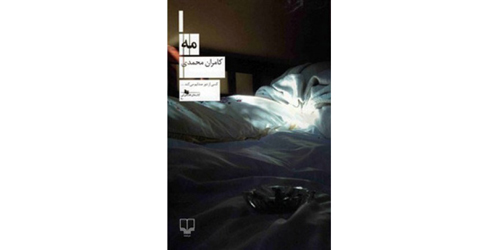
- Author: Kamran Mohammadi
- Publisher: Cheshmeh
- Publication Date: 2016
- Available in other languages: No
From the Book
This is life: constant surprise. I no longer trust any of them. It’s as if people were made to disappoint each other. Because they turn to something else right when you need them – to what has nothing to do with your thought. That’s life. It’s all my life. When you trust people, you can not get anything except trust. The role of people is to spend time. This is the most essential and difficult task of every human being: filling the spots of time. All people are loops of a long chain, which wraps around a tighter circle everyday, as though everyone thinks they are out of this circle.
About the book
A narration of two parallel stories that are intertwined. A man has entered his house to fulfill his promise given to his friend to take his manuscripts out of home. This is followed by a series of complicated events through which another man is captured in a written story in a bitter and agonizing situation.
If we divide the assigned human duties into two types, some of them are internal: tasks that are based on beliefs, thoughts, interests, etc. Human beings perform such tasks as assignments, and others are duties imposed from the outside by another person, ethics, religion, law, etc. The existential paradox of these two tasks as to achieve an individual identity and a collective identity makes the most important theme of this work. We can follow traces of Kantian ethics in this context as we move along with flickering identities of characters towards relativity in the context of the story.
Along with the philosophical layer of the narrative, we encounter an intricate pentathlon that carries Kamran Mohammadi’s psychological burden. The two sides of death (with which the story begins with a certain beat) and disappointment (numerous and endless suicides) are also in conflict with one’s life and hope, while the human being/audience has no escape within this enclosed space. And this “escape” refers to all the fictional situations that hide the characters, and from this frustration, a fancy is created that the viewer sees the pictures as delusional, moves inside the story, communicates with the characters, reconsiders the events, but cannot trust anyone. What can we trust in this foggy atmosphere?
Persian Review by Mohammad Ahmadpour, translated by Melika Majlesi.


Leave a Reply